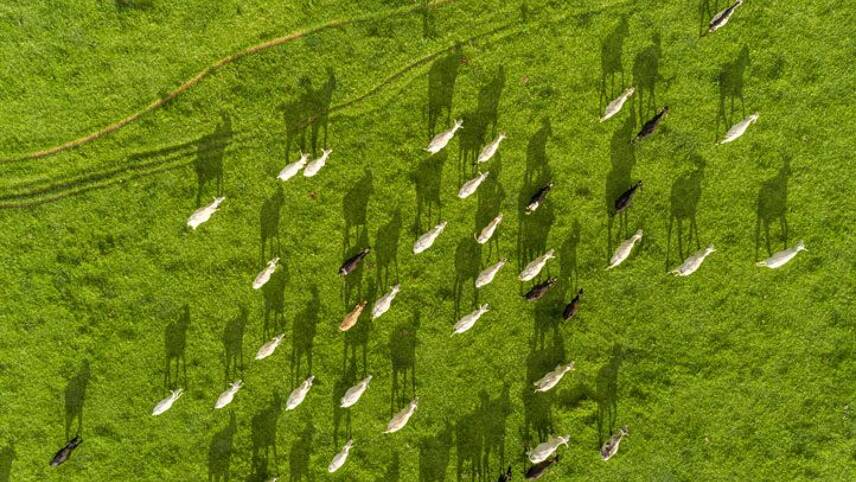Register for free and continue reading
Join our growing army of changemakers and get unlimited access to our premium content

The guidance covers aspects like diet shifts, deforestation and key commodities
JBS, one of the largest meat processors in the world, has unveiled the new commitment to reach net-zero emissions by 2040. The target will see JBS reduce its global scope 1 and 2 emission intensity by at least 30% by 2030 compared to 2019 levels. The target will cover the company’s global operations and a supply chain that spans South America, North America, Europe, the UK, Australia and New Zealand.
The net-zero target will be supported by a $1bn investment in incremental capital expenditure over the next 10 years, primarily focused on emissions reduction projects. A $100m investment into research projects that will enable regenerative farming practices, including carbon sequestration and on-farm emission mitigation technologies has also been confirmed.
JBS, which is the largest company in its sector to commit to net-zero, will develop interim targets that are consistent with criteria issued by the Science Based Targets initiative (SBTi) for the 1.5C ambition. The company has also signed on to the United Nations Global Compact’s Business Ambition for 1.5°C initiative, which aligns with the most ambitious aim of the Paris Agreement to limit global warming.
“Climate change is the great challenge of our time and we must act urgently to combat the negative effects of global warming,” JBS’s global chief executive Gilberto Tomazoni said.
“As one of the most diversified global food companies, we have an opportunity to leverage our scale and influence to help lead a sustainable transformation of agricultural markets that empowers producers, suppliers, customers and consumers. Agriculture can and must be part of the global climate solution. We believe through innovation, investment and collaboration, net-zero is within our collective grasp.”
JBS has also committed to eliminating all cases of illegal Amazon deforestation from its supply chain by 2025 and across other Brazilian regions by 2030. The wider ambition is to achieve zero deforestation across its global supply chain by 2035.
Other commitments include joining the RE100 to source 100% renewable electricity across its facilities by 2040 and providing annual progress of financial risks linked to climate change in line with the Task Force on Climate-related Financial Disclosure (TCFD) initiative.
To date, JBS has reduced its emissions intensity by almost 20% since 2015.
The net-zero commitment is a welcome move from a company that is one of the most at risk from climate change, and that has also been linked to environmental degradation in the past.
The meat sector was already enduring a tough time before the coronavirus pandemic came and shifted risk into overdrive. Increased impacts of climate change coupled with the rapid growth of alternative proteins have put billions of dollars at risk in the sector.
Research produced by FAIRR, a global investor network supported by institutional investors, graded 44 of the world’s 60 largest meat, fish and dairy companies as “high-risk” in a new pandemic ranking.
The companies graded as high-risk include JBS and Indian firm Venky’s and are collectively worth more than $220bn.
Elsewhere, Mighty Earth lists that agricultural firms had received $30bn in subsidies in the last two years, including $67m for JBS. The company has also been heavily linked to deforestation in Brazil and has been listed as one of the worst polluters of US waterways.
Matt Mace


Please login or Register to leave a comment.